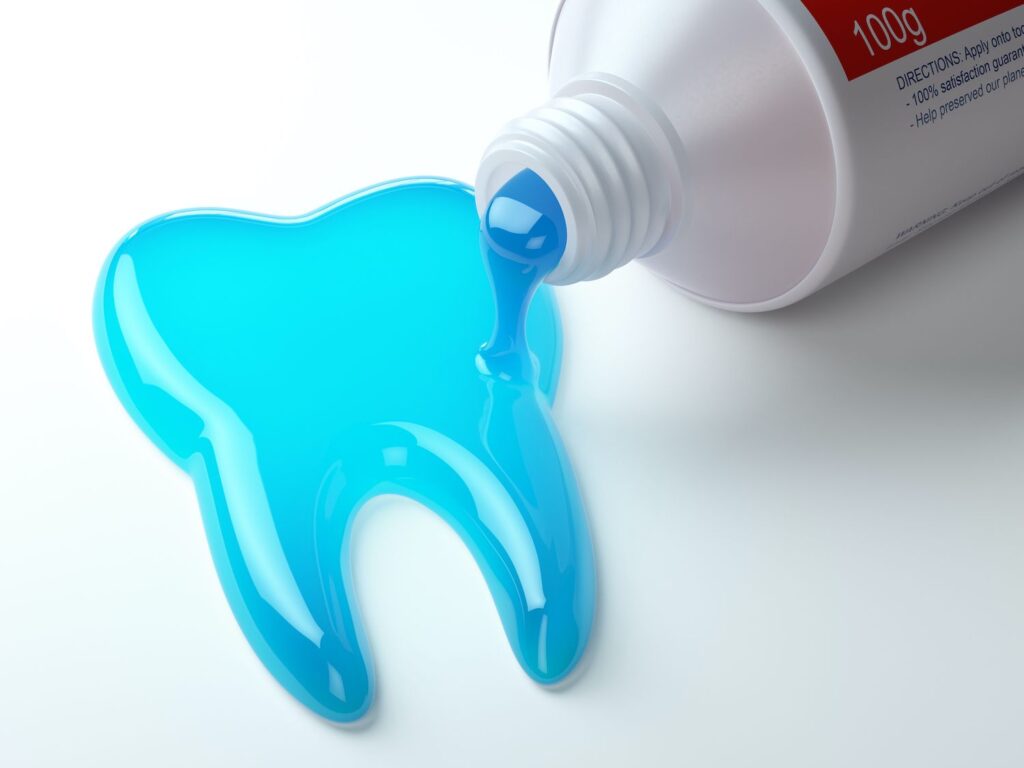Brushing your teeth is a fundamental part of maintaining good oral hygiene. However, there is such a thing as being too enthusiastic with your brushing technique. Brushing too hard can actually cause damage to your teeth and gums. Fortunately, you can safely brush your teeth and protect your smile.
Brushing Too Hard
Brushing too hard, also known as aggressive brushing, occurs when you apply excessive pressure while brushing your teeth. While it may seem like a diligent approach to oral care, this habit can lead to various dental issues over time. You need to find a balance when it comes to the pressure of brushing your teeth.
The Impact on Your Teeth and Gums
Aggressive brushing can have several negative effects on both your teeth and gums:
Applying too much pressure can cause the gum tissue to recede. As a result, it can expose the sensitive roots of the teeth and increase the risk of tooth decay and sensitivity. Also, you may notice a change in your smile. Receding gums can make your teeth look longer, altering the proportions of your smile.
The abrasive action of hard brushing can wear down the protective enamel layer of your teeth. This leaves them vulnerable to decay and damage. Patients who brush too hard are more likely to develop cavities.
As enamel wears away, you may experience increased tooth sensitivity to hot, cold, or sweet foods and beverages. Your enamel is crucial to protecting your teeth.
Finally, aggressive brushing can damage the delicate gum tissue, leading to inflammation, bleeding, and discomfort.
Signs You’re Brushing Too Hard
It’s essential to recognize the signs that you may be brushing too hard:
Bristle Fraying: If the bristles of your toothbrush appear frayed or splayed, it’s a sign that you’re applying too much pressure.
Receding Gums: If you notice that your gums are receding or pulling away from the teeth, it could be due to aggressive brushing.
Tooth Sensitivity: Increased tooth sensitivity, especially to temperature changes, can indicate enamel wear from excessive brushing.
Bleeding Gums: Bleeding gums, especially during or after brushing, may be a sign of gum damage caused by aggressive brushing.
How to Prevent Damage from Brushing Too Hard
Fortunately, there are steps you can take to protect your teeth and gums from the effects of aggressive brushing:
Opt for a soft-bristled toothbrush with rounded bristle tips, which are gentler on your teeth and gums. Also, let the bristles of the toothbrush do the work. There’s no need to apply excessive force while brushing.
When brushing, hold your toothbrush at a 45-degree angle to your gums and use gentle, circular motions to clean all surfaces of your teeth. Furthermore, aim to brush for two minutes. You should try to spend equal time on each quadrant of your mouth. This will ensure thorough cleaning without overdoing it.
Brushing too frequently, especially immediately after consuming acidic foods or beverages, can worsen or quicken enamel wear. Stick to brushing twice a day, ideally after breakfast and before bedtime.
